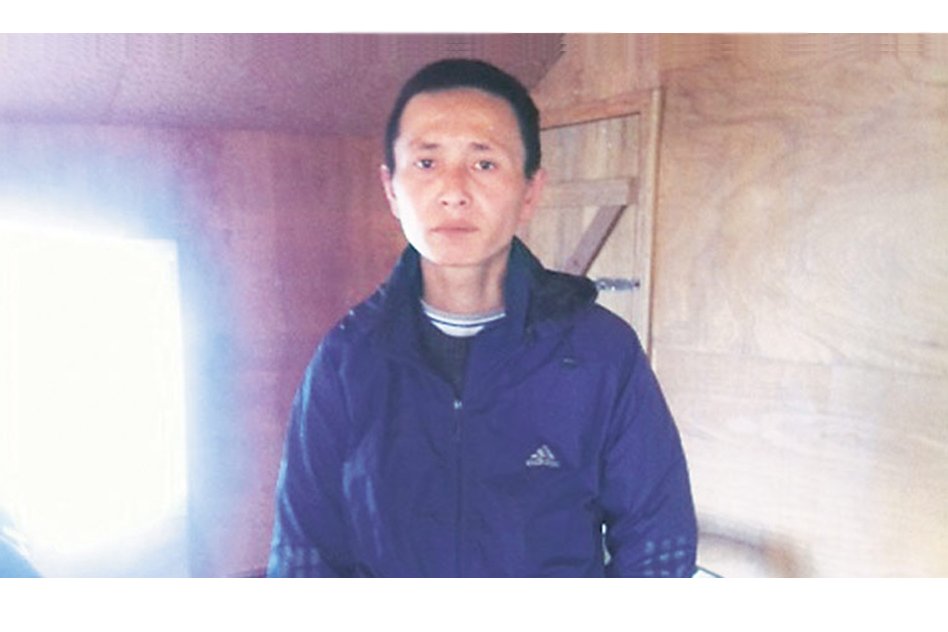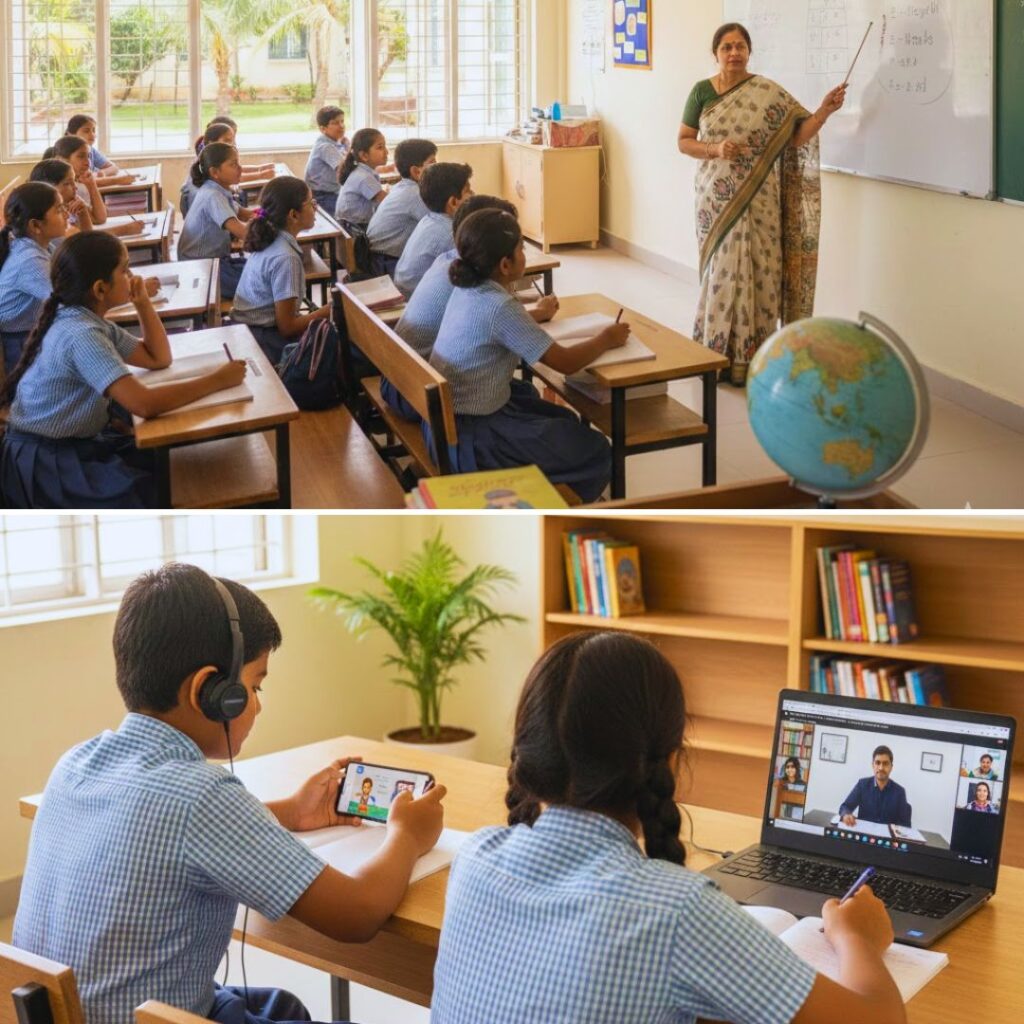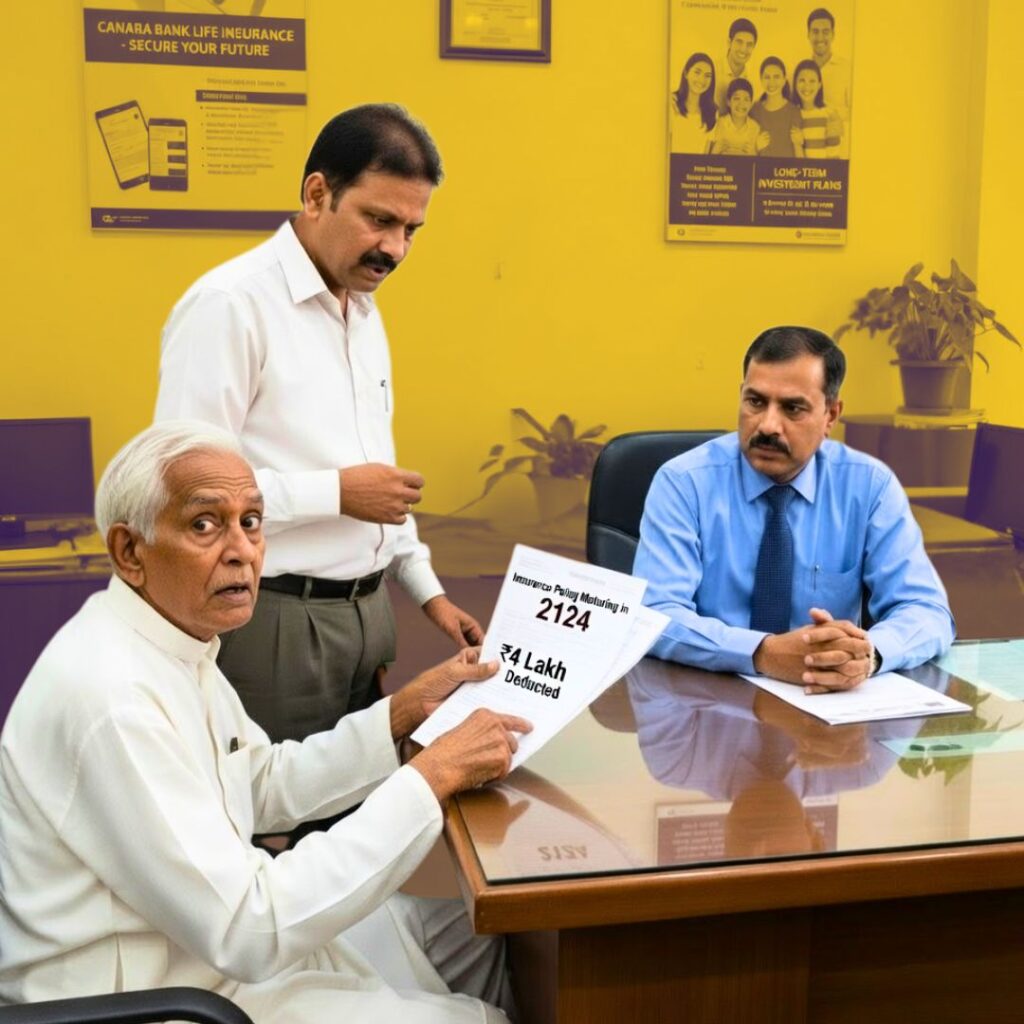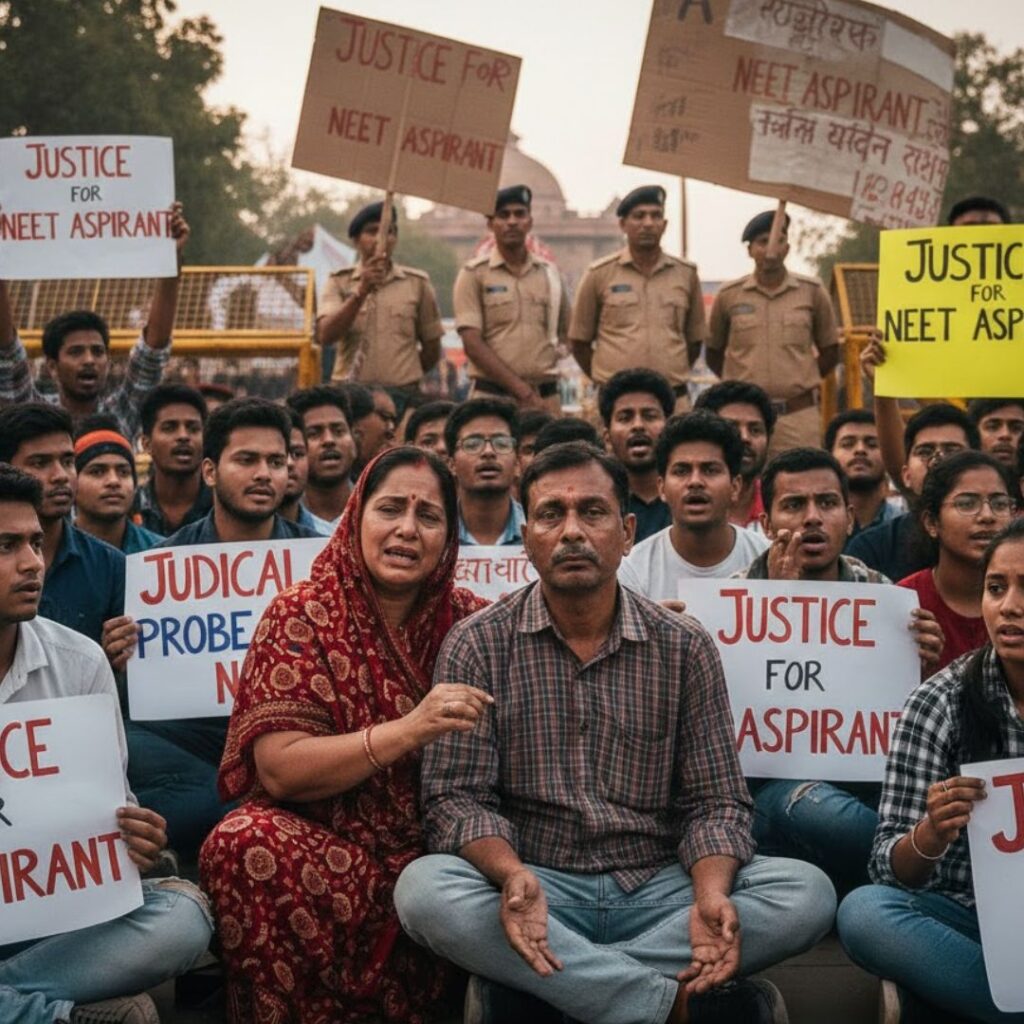Image Source: indianexpress
It was on July 23 right at the heart of Imphal barely 500 meters from the state assembly that a young man named Chongkham Sanjit was shot dead by a heavily armed contingent of Manipur’s Rapid Action Police Force, commonly known as the Manipur Police Commandos (MPC). Manipur has had a twisted and gnarled history of fake encounters that for years or decades even has denied Manipur basic human rights. All of this had been justified by the army and police under the controversial and allegedly draconian Armed Forces Special Powers Act (AFSPA). The nation was swayed by the iconic image of Manipur women marching naked to protest against rape and murder of Thangjam Manorama in 2004. The protest finally led to repealing of the act in Imphal’s municipal zone. But the MPC later launched an even worrying counter-insurgency operation unleashing a reign of terror against insurgents thus justifying murders and encounters once again.
The Confession
In a TV interview Herojit Singh a Head Constable has made confession that he was the one who shot Sanjit in cold blood. “Yes, I shot him. I shot Sanjit Meitei. No, he was not armed. I felt no remorse, no sympathy after I killed Sanjit. I felt nothing. It was an order and I had to simply carry it out,” he said. According to Singh he shot at Sanjit using his 9mm gun. Sanjit was not carrying any gun as reported by police and was just carrying the mobile phone that was found on him when he was frisked earlier. He was shot six or seven times, all in the torso at point blank range. The police had earlier claimed that Sanjit had taken out a gun during police frisking, opened fire and then run away. Their report said a police party followed the young man into the Maimu pharmacy and retaliated when he fired at them. This is starkly in contrast with what Herojit has confessed on TV.
What Is Worrying In Manipur
Extra-judicial killings especially fake encounters by the MPC have become common in Manipur. In several cases it has been reported that civilians carrying valuables have been robbed or killed by the police and army. In the last three decades more than 1500 people have been killed in fake encounters. The supreme court in the light of these developments had set up a committee under Justice Santosh Hegde to verify the encounters. The committee had randomly selected six cases and found that all of them were fake and not genuine encounters. The Killing of Sanjit in 2009 was captured in photographs by a national daily (TEHELKA) which gave damning evidence of the encounter. The pictures clearly showed that Sanjit offered no resistance and was forcibly taken inside the pharmacy and shot at by the MPC. How a pregnant woman got shot and killed in the encounter is worrying as well since the encounter was staged and now seems to be another controversy in the making.
What Lies Ahead
It is important to note that Herojit has accused Imphal West SP Akoijam Jhalajit of giving the kill order of Chongkham Sanjit Meitei, which has been denied by the SP as baseless and frivolous. On being asked about the fresh revelation Jhalajit denied to make comments saying the matter had been thoroughly probed by CBI and is sub-judice in the court. Sanjit’s mother who was demanding justice from the govt. has now gone on the offensive to get justice for her son. It remains to be seen whether CBI will change its charge sheet in the light of new revelations. Union Minister of State for Home Kiren Rijiju said the Centre has taken “cognisance” of the said reports on the alleged confession. Union Home Minister Rajnath Singh said, “I will get the information and then I can comment…then we will look into it.”
The Logical Indian community believes that ‘fake encounters’ are downright against human rights. The culture of encounters by police in India has been glorified by giving them rewards, medals, promotions and monetary benefits. While we commend police brave hearts of risking their lives for the country against insurgency and terrorism, a proper internal accountability mechanism has to be introduced. Although it will be difficult but it is something that we cannot shy away from. In its eighth report, the National Police Commission had recommended “protection available to police officers should be withdrawn under section 132 and 197 of the Code of Criminal Procedure, which provide protection to various categories of public servants from prosecution for acts they commit in the course of performing their duties”. New Police laws that are enacted must not include any clause requiring “prior sanction” for prosecuting police officers as this prevents remedial action to be taken against erring officials. And finally India being a democratic setup it is the responsibility of political establishment to ensure basic dignity and respect for human life as incorporated in our constitution.
-Sanwal Chandra













